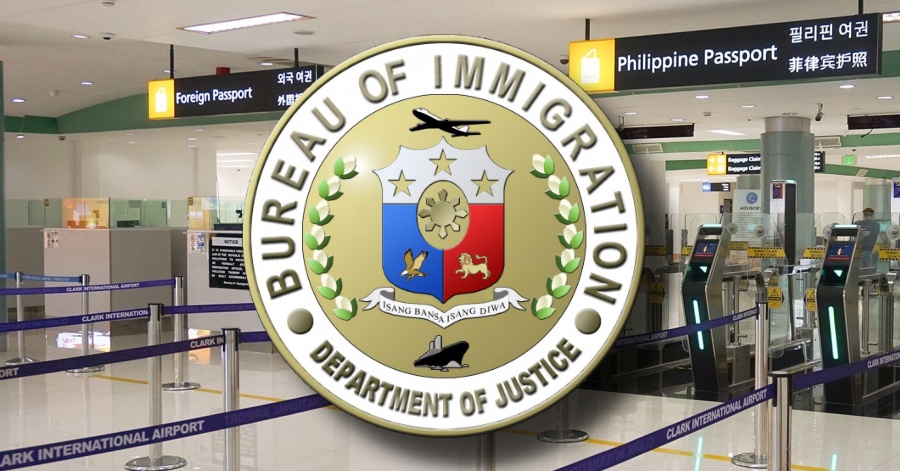When planning to work abroad, it is crucial that we follow the right process. This involves applying through accredited agencies and processing the necessary papers, as well as getting the proper visa. Failure to do so could lead us into serious trouble with the law, not only in the UAE but also in the Philippines.
A few weeks ago, on April 5 (Monday), officers from the Philippine Bureau of Immigration’s (BI) Travel Control and Enforcement Unit (TCEU) intercepted a passenger at the Clark International Airport. Bound for Dubai, the man was actually a victim of illegal recruitment.

Dubai-bound OFW Intercepted at Clark International Airport
The victim, whose identity was not disclosed in adherence to human trafficking and illegal recruitment laws, was planning to leave via an Emirates Airlines flight to Dubai. At the airport, he presented an overseas employment certificate (OEC) as a “Balik Manggagawa.”
However, an Immigration Officer, Vanessa Icban, noticed some inconsistencies in the traveler’s documents. She referred the matter to officers from the Bureau of Immigration’s Travel Control and Enforcement Unit (TCEU). Upon inspection, TCEU officers Vincent Serrano and Tomas David found that the man last arrived in the Philippines in 2019, and had a Dubai working visa.
After further verification, however, the officers discovered that the man’s working visa had already been cancelled. Instead, he has an active Dubai tourist visa. And so, the victim was turned over to the Philippine Overseas Employment Administration (POEA) Labor Assistance Center in Pampanga for assistance.
Immigration Commissioner Jaime Morente praised the Clark International Airport’s immigration officers for intercepting the victim. “I know it is a challenge to intercept such cases as they are presenting complete documents and are in the guise of being legitimate OFWs,” he shared. “We commend the quick eye of our immigration officers, which allowed them to uncover this modus.”
Under the said scheme, former OFWs whose job contracts and working visas have expired are provided with new tourist visas. Using their old OEC records, they attempt to leave the country and work illegally as tourists in another country.
“This is an obvious circumvention of the law, and victims are promised that they can depart using their old OECs that are, in fact, invalid already,” Morente explained. “Victims end up working for a different employer, or worse, fly off to a third country like Iraq or Syria.”
Indeed, working illegally in another country could lead to serious consequences, such as prison time, fines, and deportation. In order to avoid these situations, be sure to follow the right process in getting a job abroad. Furthermore, be vigilant and watch out for signs of illegal recruitment.